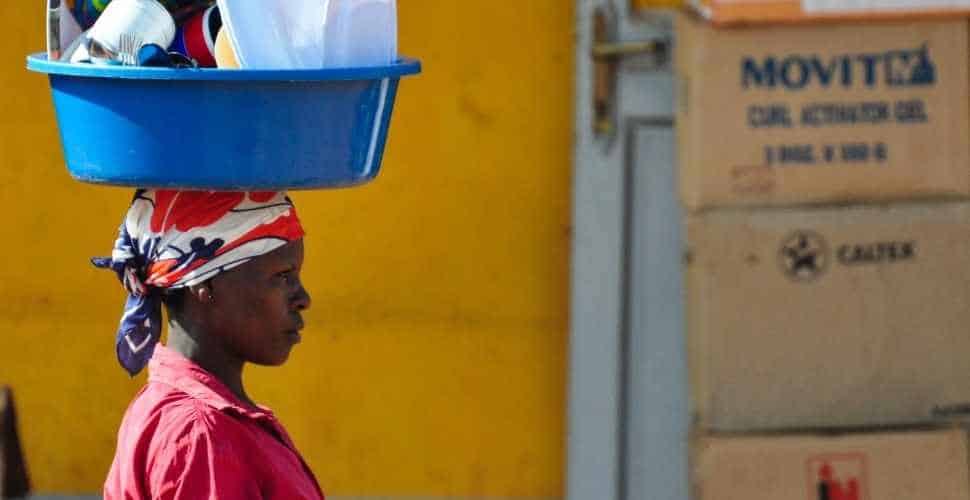Ugandan parliament to consider bill to stop organ trafficking

The Uganda parliament will consider a bill regulating the harvesting and trade of human organs and tissues as authorities attempt to address organ trafficking concerns.
Reuters' reports on the situation regarding the trade in organs and tissues from unwitting donors has attracted public interest in Uganda. In addition, the Organized Crime and Corruption Reporting Project (OCCRP) reported on the link between human trafficking networks in the Gulf and organ trafficking.
What will this legislation do?
The Parliament's Health Committee is studying a bill that establishes a legal framework for organ donation and transplantation, hitherto unregulated in the country. In addition, the bill defines life sentences for those guilty of selling human organs and for those involved in performing organ harvesting surgery. Moreover, anyone who offers to supply an organ in exchange for a financial reward will face up to 20 years in prison or a maximum penalty of $54,000.
At a press conference, Uganda's Minister of Health, Jane Ruth Aceng, stated:
“The bill seeks to regulate organ, cell and tissue donation as well as regulate transplantation in this country. It seeks to address the problems of the illicit trade that is talked about from time to time.”
Human trafficking networks in the Gulf
According to local media, Ugandan women recruited for domestic work in the Middle East – estimated at around 100,000 Ugandans in Gulf countries – are sometimes tricked into undergoing medical procedures in which their kidneys are removed against their will. Some hospitals, including public hospitals, have also been implicated in trafficking.
Trafficking networks include alleged companies that lure workers out of Uganda and subsequently subject them to organ removal surgery. Milly Namazzi, who had been working in Saudi Arabia since 2019, was flown to Egypt after the expiration of her contract in 2021, where she was reported dead. Examination of her remains, which were sent to Uganda, revealed that her kidneys and genital organs had been removed. Judith Nakintu, who also worked in Saudi Arabia, fared somewhat better.
She told various media outlets:
“My employer took me to the hospital to get vaccinated against COVID-19. Then I fell unconscious in the hospital bed. When I woke up the next morning, I had a wound under my abdomen. I tried to ask how I got it and no one would tell me. Everyone ignored my cries to find out what had happened,” she told the media after returning home.
Forced organ harvesting and organ trafficking are appalling crimes taking place around the world. The Freedom United community believes every government has the responsibility to take action to combat these horrific human rights abuses.
This “Eyes on Trafficking” story is reprinted from its original online location.
 ABOUT PBJ LEARNING
ABOUT PBJ LEARNING
PBJ Learning is a leading provider of online human trafficking training, focusing on awareness and prevention education. Their interactive Human Trafficking Essentials online course is used worldwide to educate professionals and individuals how to recognize human trafficking and how to respond to potential victims. Learn on any web browser (even your mobile phone) at any time.
More stories like this can be found in your PBJ Learning Knowledge Vault.
EYES ON TRAFFICKING
This “Eyes on Trafficking” story is reprinted from its original online location.
ABOUT PBJ LEARNING
PBJ Learning is a leading provider of online human trafficking training, focusing on awareness and prevention education. Their interactive Human Trafficking Essentials online course is used worldwide to educate professionals and individuals how to recognize human trafficking and how to respond to potential victims. Learn on any web browser (even your mobile phone) at any time.
More stories like this can be found in your PBJ Learning Knowledge Vault.
